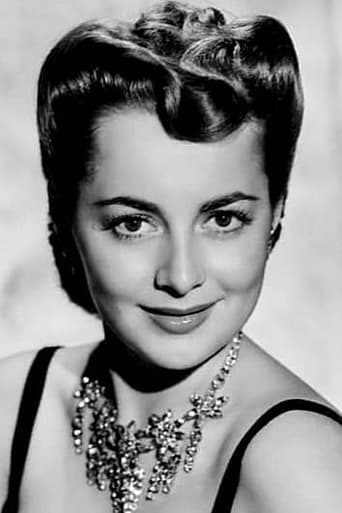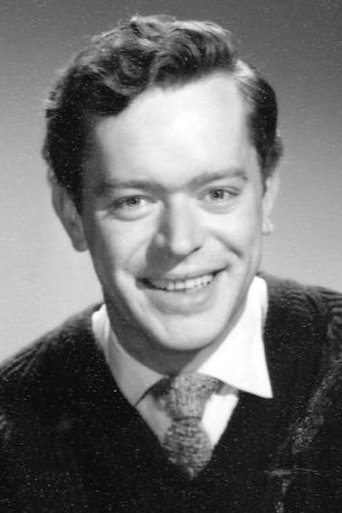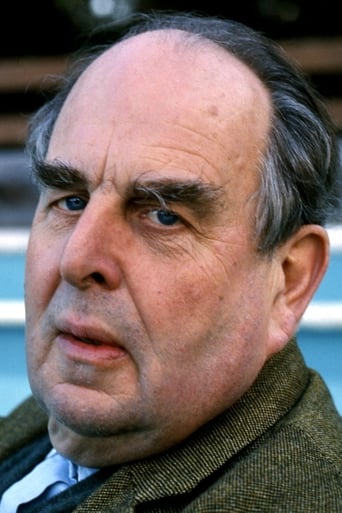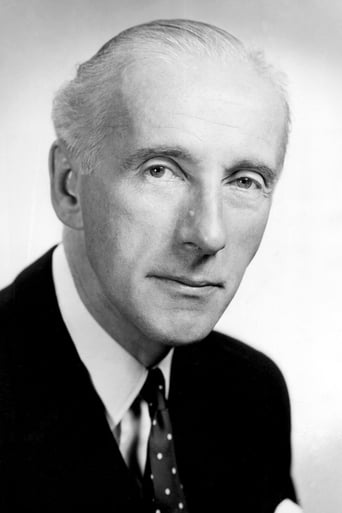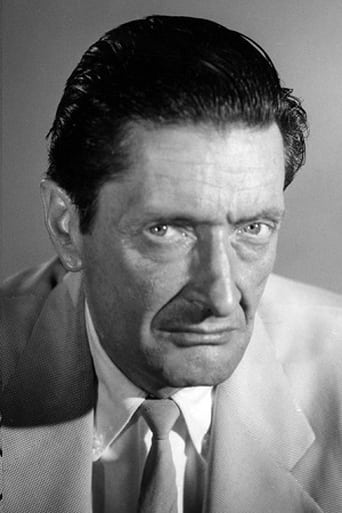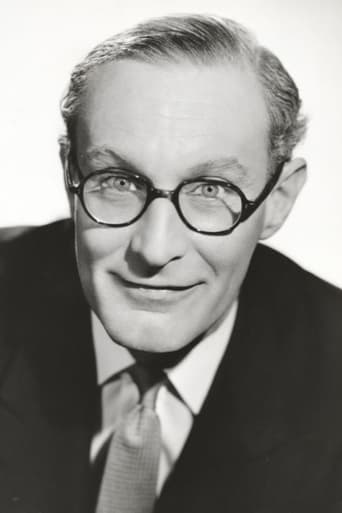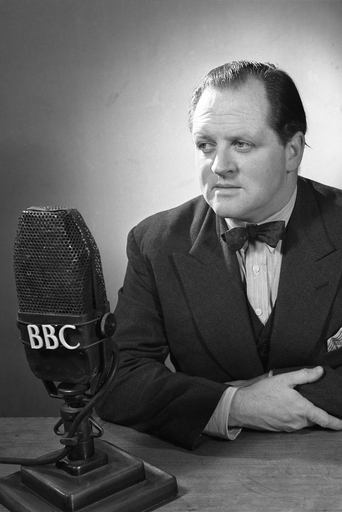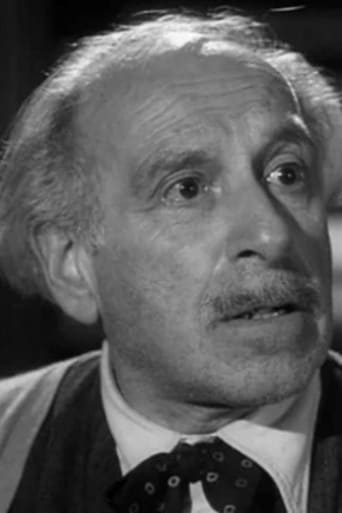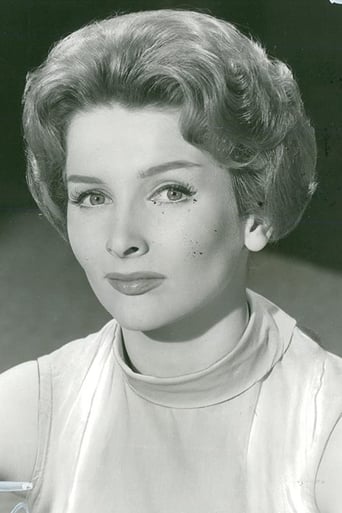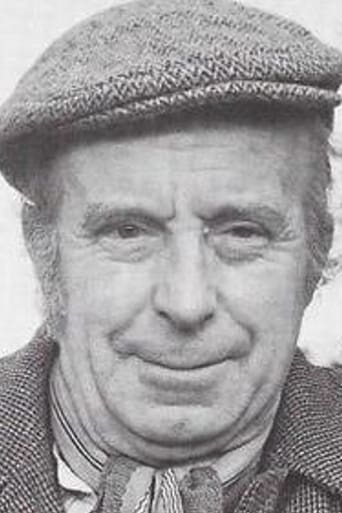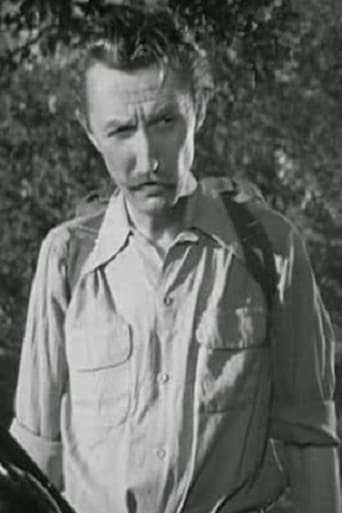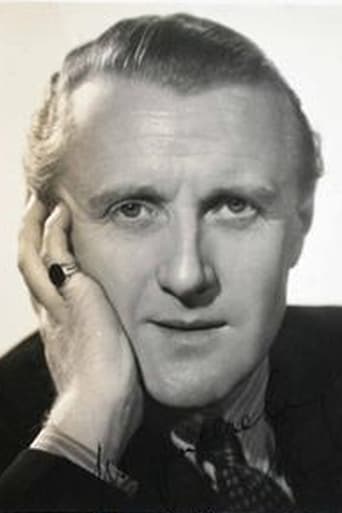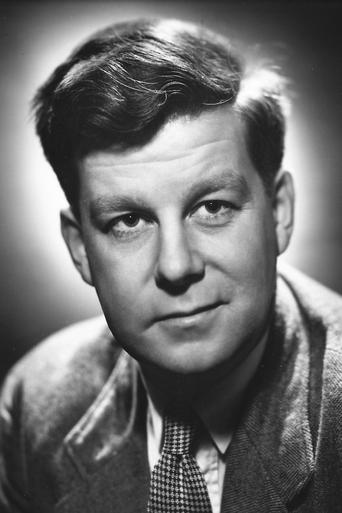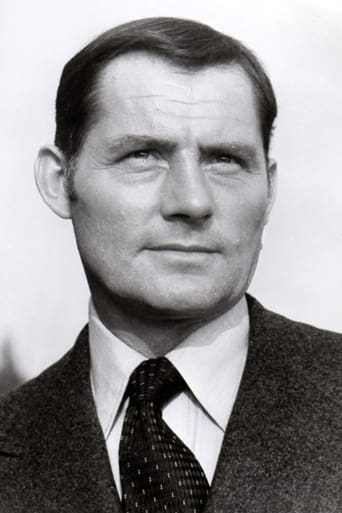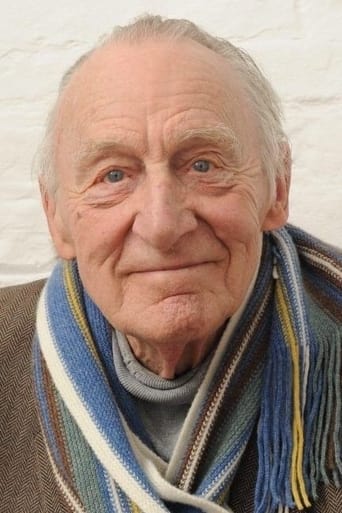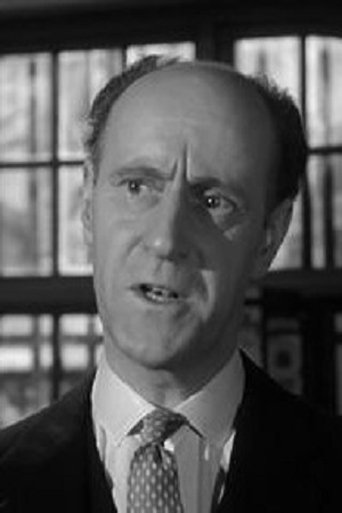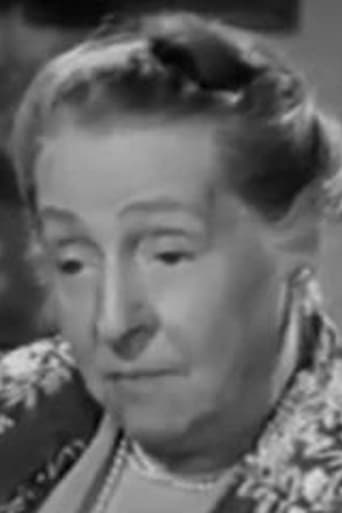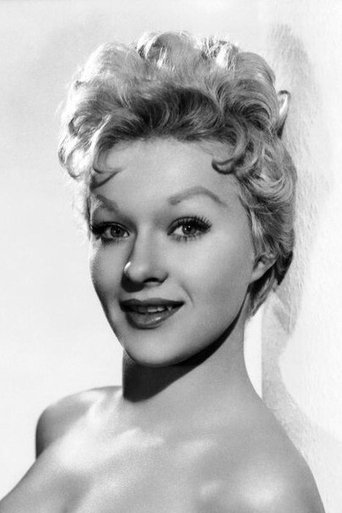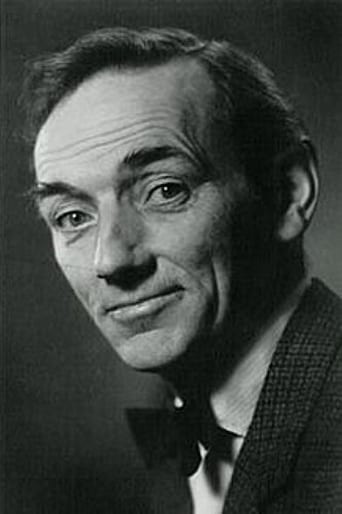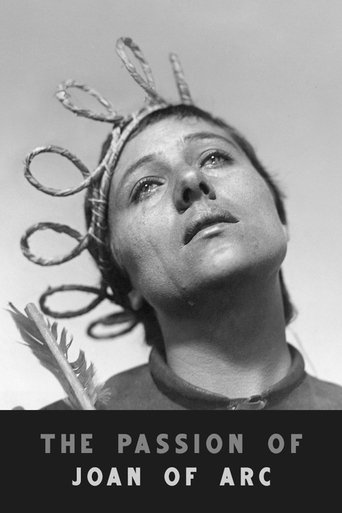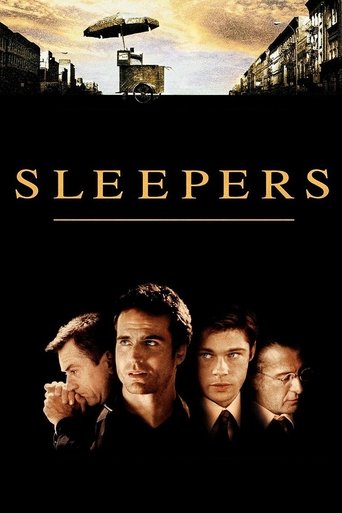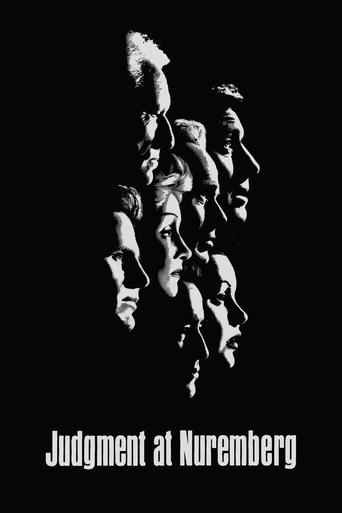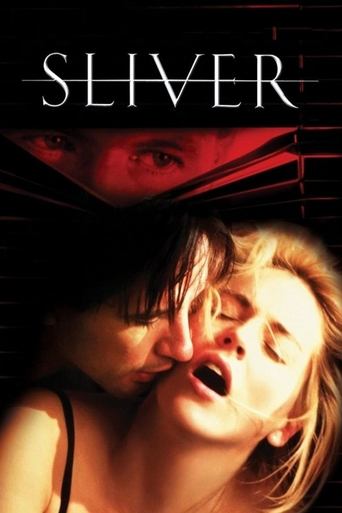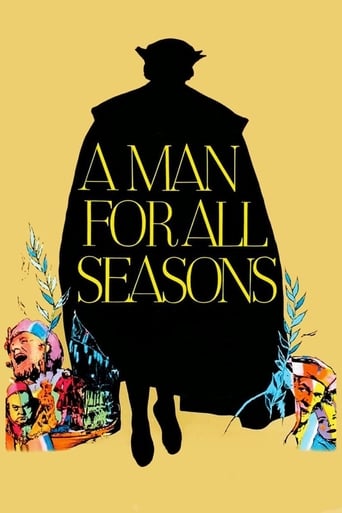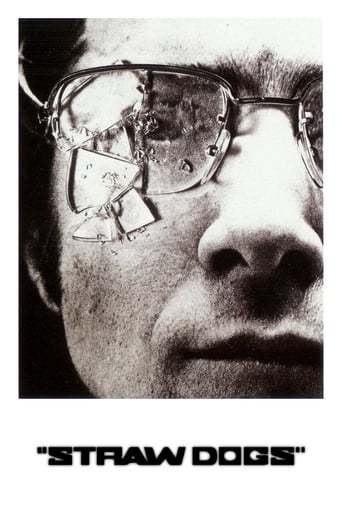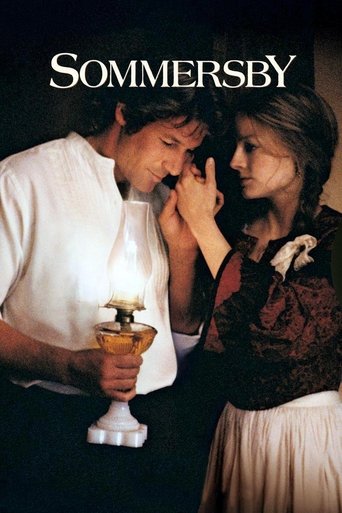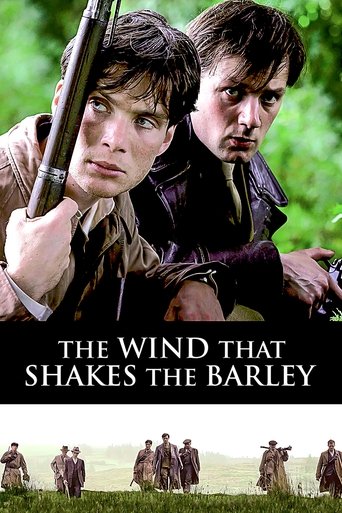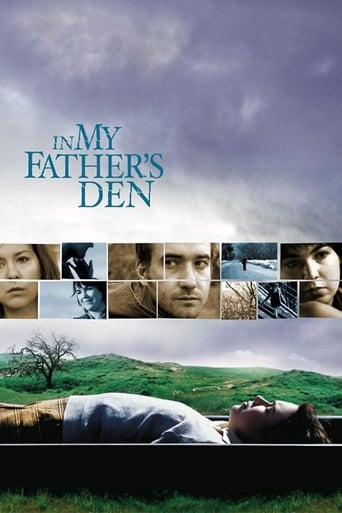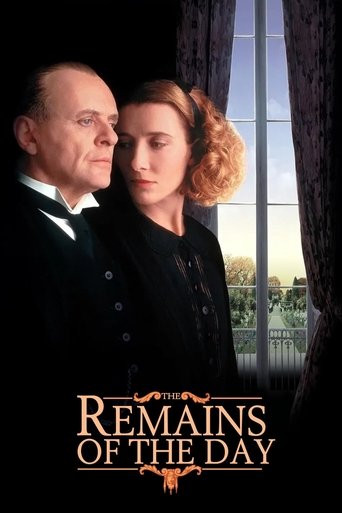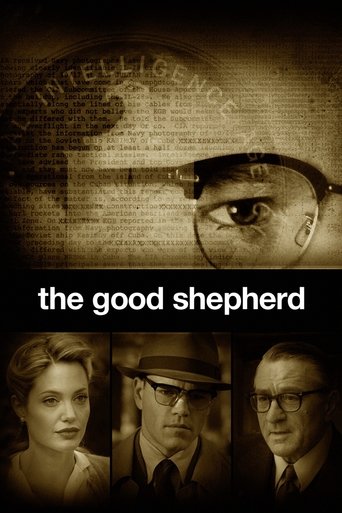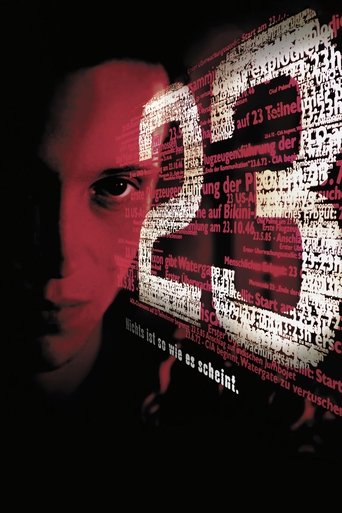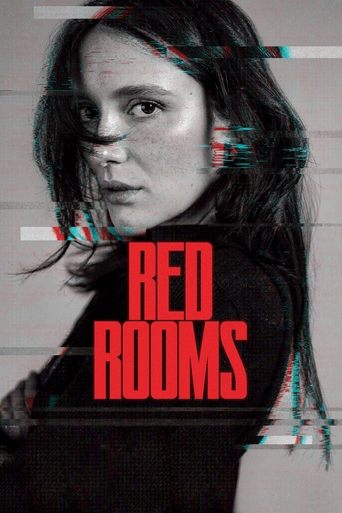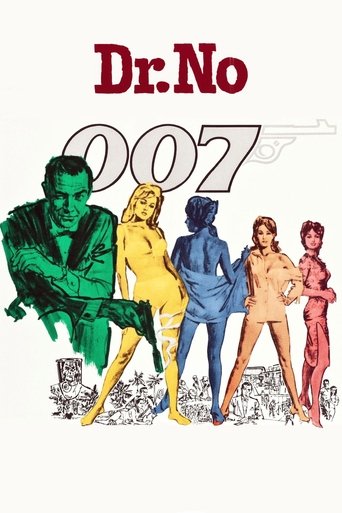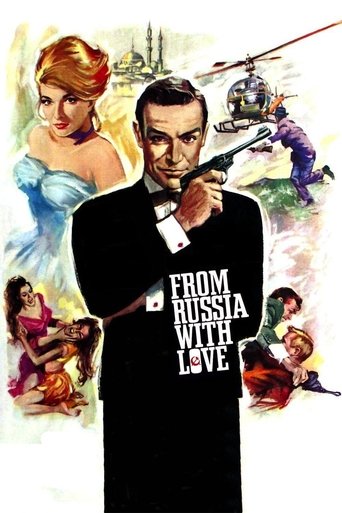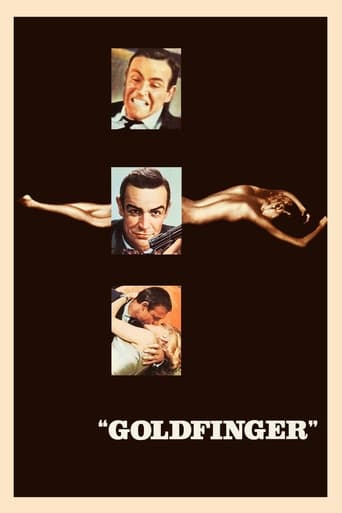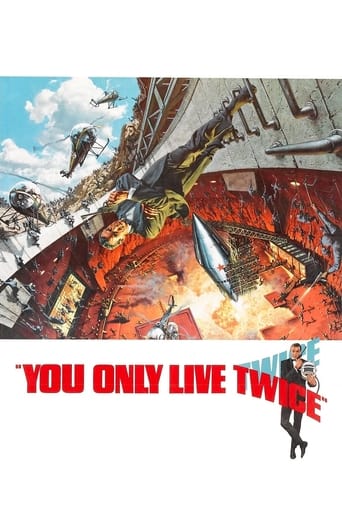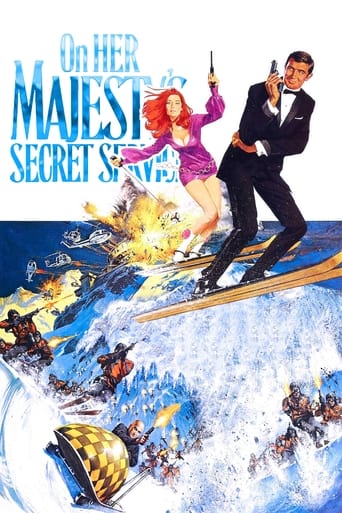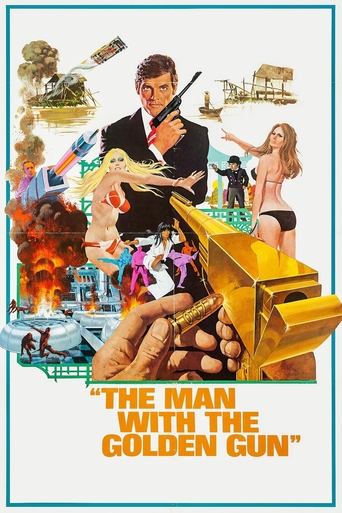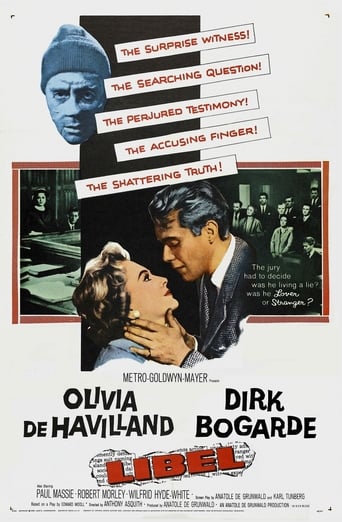
Libel (1959)
A California commercial pilot sees a telecast in London of an interview with Sir Mark Lodden at his home. The Canadian is convinced that the baronet is a fraud, and he is actually a look-alike actor named Frank Welney.
- Anthony Asquith
- David Middlemas
- Edward Wooll
- Karl Tunberg
- Anatole de Grunwald
Rating: 7/10 by 20 users
Alternative Title:
Country:
United Kingdom
Language:
English
Runtime: 01 hour 40 minutes
Budget: $0
Revenue: $0
Plot Keyword: court case, england, war veteran, return, look-alike, impostor, courtroom drama, english nobility, libel suit, airplane pilot, pow, prisoner of war camp
The Amnesiac Doppleganger. Libel is directed by Anthony Asquith and adapted from Edward Wooll's play by Anatole de Grunwald and Karl Tunberg. It stars Dirk Bogarde, Olivia de Havilland, Paul Massie, Robert Morley, Wilfrid Hyde-White, Anthony Dawson and Richard Wattis. Music is by Benjamin Frankel and cinematography by Robert Krasker. A shell-shocked ex-WWII prisoner of war with amnesia is accused of being an impostor by one of the guys he was imprisoned with. This sends him spinning into the middle of a Libel court case that could destroy everything in his life. A splendidly stylish mystery/drama that offers up two Dirk Bogarde's for the price of one. The big question throughout is if Bogarde, in the shoes of Sir Mark Sebastian Loddon, is actually a doppleganger that he was in the war with called Frank Welney. Loddon has the riches, the estate and a beautiful loving wife, Welney was a struggling actor and something of a mischievous imp. The big narrative thrust is that Loddon is not sure himself, he can only remember certain things, thus we are never sure either as the plot twists and turns and the court case simmers away with dramatic force. Bogarde is great in his dual role, with a voice change for each character and different hair styles to help the viewers differentiate. In the court we have a trio of classy character actors, with Hyde-White and Morley as the opposing lawyers (wonderful to witness this) and Watiss as the judge presiding over the trial. Havilland isn't asked to do much until late in the day, but then she shines bright and puts some emotional punch into proceedings. The great Krasker photographs it in crisp black and white, while Asquith directs with a smoothness that undercuts the coincidences and conveniences that exist in this sort of story. All the highlights of a court room drama are here, and it's a cracking mystery to boot. 8/10


